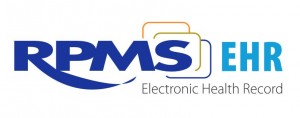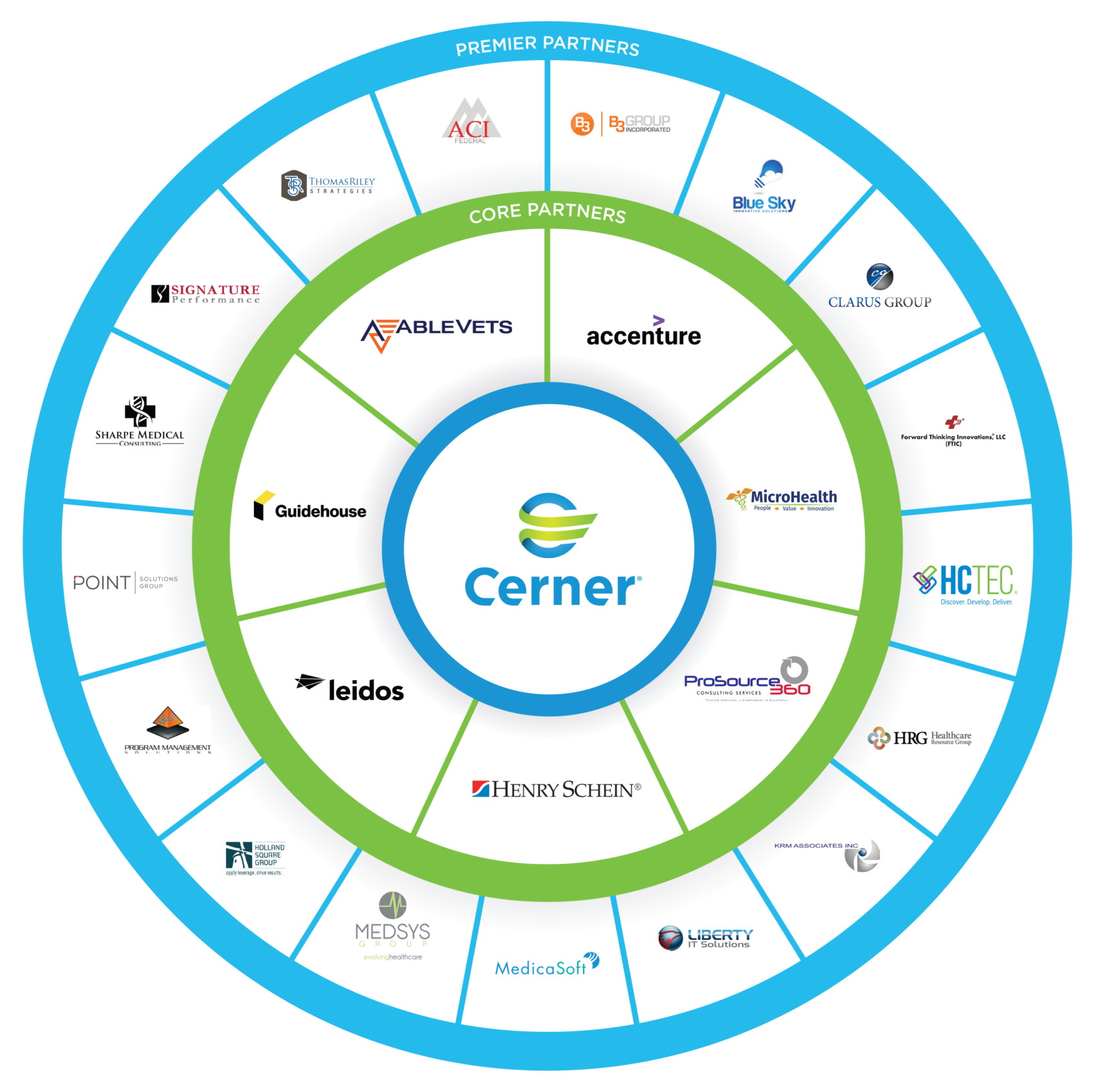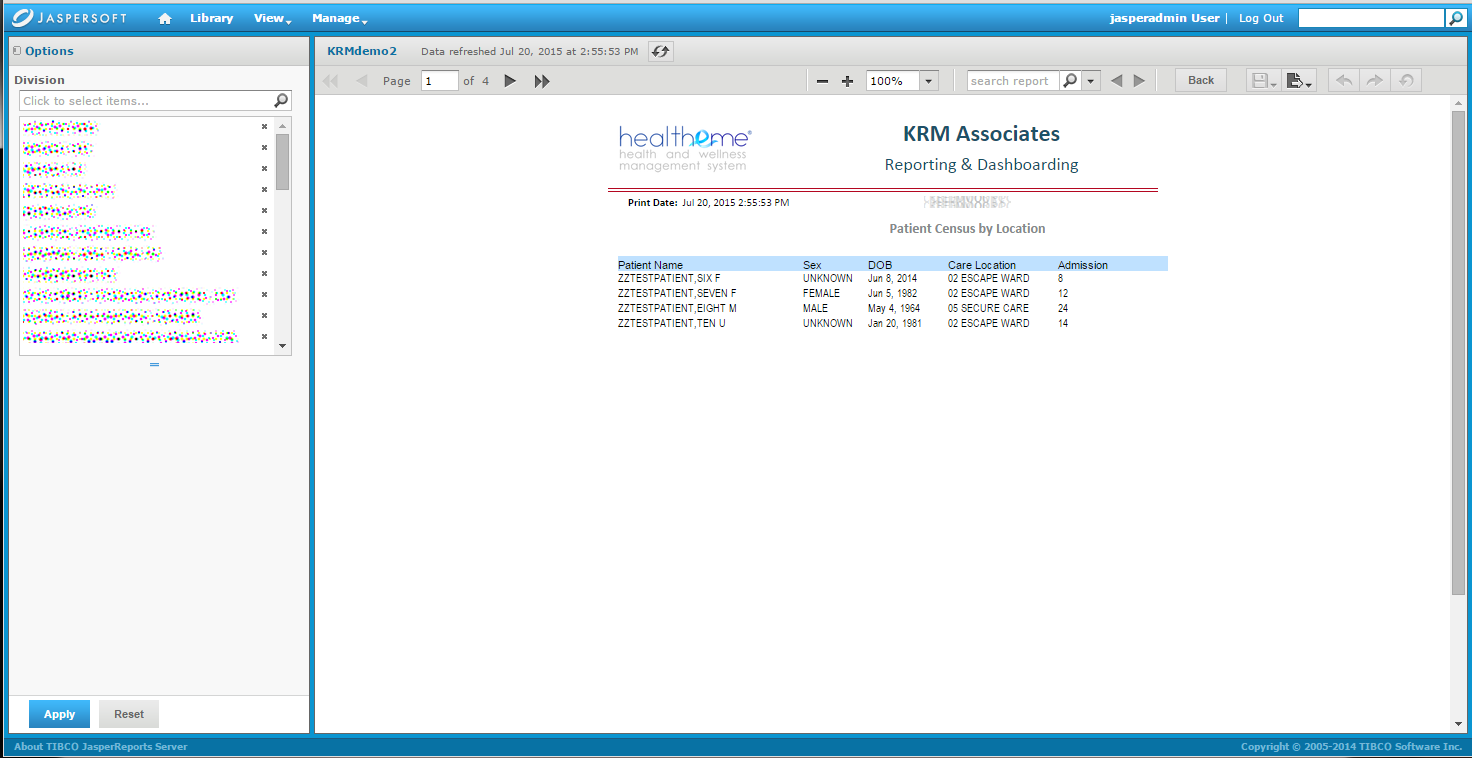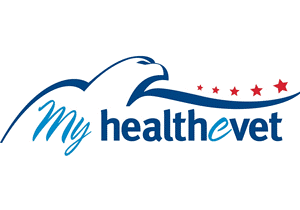Project Description
KRM Associates Inc. participated as a technical resource for populating a longitudinal database on an innovative healthcare project for the Indian Health Service (IHS) and the Agency for Healthcare Research and Quality (AHRQ). Working as a subcontractor toWestat, KRM created a sophisticated C32 parser for the IHS  Resource Patient and Management System (RPMS), which retrieved and parsed C32 records, generated from the RPMS and then inserted the parsed information into a newly developed relational SQL database within the IHS infrastructure. The parser was designed to:
Resource Patient and Management System (RPMS), which retrieved and parsed C32 records, generated from the RPMS and then inserted the parsed information into a newly developed relational SQL database within the IHS infrastructure. The parser was designed to:
- Recursively loop through a directory of records and load them into a target repository,
- Sort files into ‘archive’ or ‘error’ directories based upon the results of the parsing routine’s execution,
- Populate log files with parsing results for review.
The project, titled “Comparative Effectiveness of QI Efforts Among American Indian and Alaska Native Communities”, accelerated comparative effectiveness research on the American Indian/Alaska Native (AI/AN) population and supported efforts to prioritize prevention, treatment and chronic disease management interventions for this population through comparative effectiveness research.
The two main objectives of this comparative effectiveness research program were:
- The development of a comparative effectiveness research data infrastructure (utilizing RPMS) that can be generalized beyond the IHS.
- The performance of related specific research projects to demonstrate the potential of the new infrastructure.
KRM leveraged its experience in M/MUMPS programming, and Continuity of Care Record (CCR) extraction from RPMS to pull patient information directly from RPMS to support this initiative. KRM utilized the IHS’s C32 XML based data feed to remain aligned with current IHS projects. Additionally, KRM assisted in the integration of additional data sources, developed a data repository to support longitudinal data analysis, and supported the integration of non-traditional determinants of health.
Included in this project was Dr. Thomas Sequist, M.D, MPH. Dr. Sequist, while working with Harvard Medical School and Brigham and Women’s Hospital, assisted in the definition and analysis of data sources in order to provide meaningful results which may support improved health outcomes.





